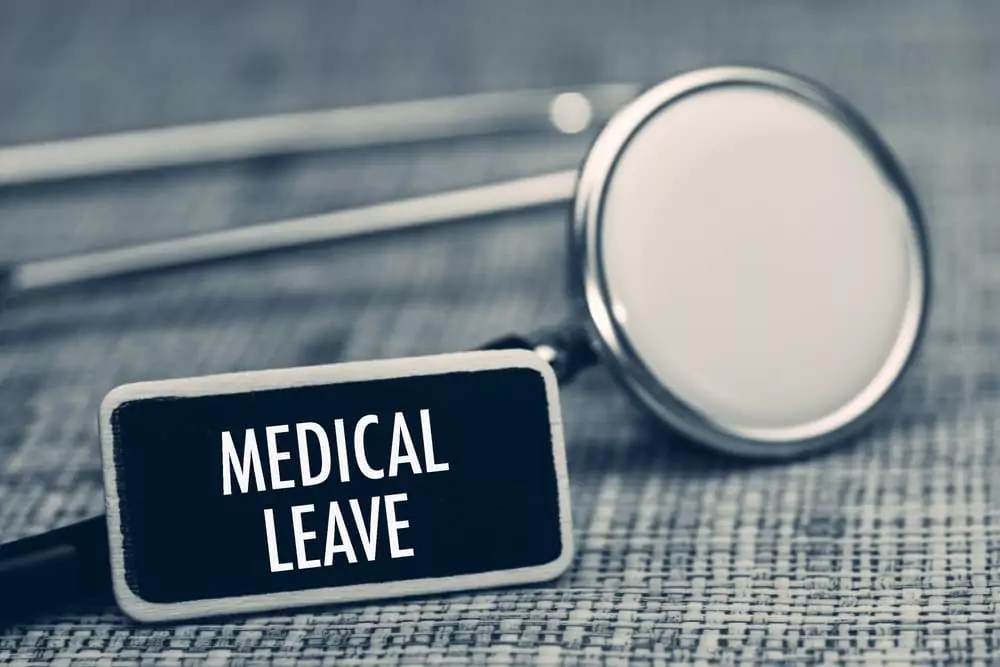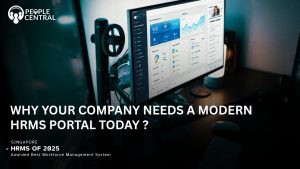Taking a medical leave can be a stressful experience, especially if you’re unsure about your rights and entitlements. In Singapore, the Employment Act provides guidelines for medical leave, offering some peace of mind during your recovery period. This blog explores the key aspects of medical leave in Singapore, helping you understand your options and ensuring a smooth process.
What is Medical Leave in Singapore?
Medical leave Singapore refers to a period of absence from work due to illness or injury. There are two main types of medical leave covered under the Employment Act:
- Paid Outpatient Sick Leave: This applies to short-term illnesses or injuries requiring a doctor’s visit but not hospitalization.
- Paid Hospitalisation Leave: This covers absences due to hospitalization or situations where a doctor recommends bed rest at home (e.g., pregnancy-related complications).
Eligibility for Medical Leave in Singapore
To be eligible for paid medical leave Singapore, you must meet the following criteria:
- Be covered under the Employment Act.
- Have been employed by your company for at least 3 months.
- Inform your employer within 48 hours of your absence (unless exceptional circumstances prevent this).
Medical Leave Entitlements
The duration of paid medical leave you’re entitled to depends on your length of service:
- Employees with 6 months or more of service: You qualify for the full entitlement – 14 days of paid outpatient sick leave and 60 days of paid hospitalization leave (inclusive of the 14 days of sick leave).
- Employees with 3 to 5 months of service: Your entitlement for paid sick leave is pro-rated based on your service duration.
Important Points to Remember for Medical Leave Singapore
- Medical Certification: To qualify for paid medical leave, you need a medical certificate (MC) issued by a registered medical practitioner under the Medical Registration Act or Dental Registration Act.
- Limits on Paid Leave: The combined total of paid outpatient sick leave and paid hospitalization leave cannot exceed your overall entitlement.
- Notifying Your Employer: Promptly informing your employer about your absence is crucial. Aim to notify them within 48 hours whenever possible.
- Medical Reimbursement: Your employer must reimburse medical consultation fees if the MC is issued by a public medical institution or a doctor appointed by your company (applicable for those who meet eligibility criteria).
Salary During Sick Leave
The Employment Act mandates that your employer pays your salary during your medical leave. Here’s a breakdown:
- Paid Hospitalisation Leave: You receive your gross rate of pay.
- Paid Outpatient Sick Leave: You receive your gross rate of pay, excluding any shift allowance.
Information on Recourse if Employer Fails to Comply
While the Ministry of Manpower (MOM) website serves as a reliable resource, it’s important to understand that the blog focuses on employee understanding, not disputes. If you have concerns about your employer not adhering to the Employment Act regulations regarding medical leave or salary payments, here are some resources to help:
- Ministry of Manpower (MOM): The MOM website provides a wealth of information on employment rights and dispute resolution procedures. You can find contact details for MOM’s enquiry service or explore their online dispute resolution portal.
- Singapore National Trades Union Congress (NTUC): NTUC offers support and assistance to employees facing workplace issues. You can contact their hotline or visit their website for guidance.
Additional Considerations:
- Medical Leave During Non-Working Days: You are not eligible for paid sick leave if you fall sick during public holidays, rest days, or annual leave.
- Medical Leave While Serving Notice: You are still entitled to paid medical leave during your notice period if you meet the eligibility criteria. The entitlement duration depends on your service length.
- MCs from Overseas Doctors or TCM Practitioners: While some employers may offer paid leave for MCs issued by overseas doctors or Traditional Chinese Medicine (TCM) practitioners, it’s discretionary and subject to company policy for medical leave singapore.
What to Do if You Run Out of Medical Leave
If you require additional leave beyond your entitlement, you can discuss options with your employer. Possibilities include:
- Extended Unpaid Leave: Agreeing on a period of unpaid leave to allow for continued recovery.
- Alternative Work Arrangements: Exploring flexible work arrangements like reassigned duties upon return.
- Medical Assessment: Your employer may request a medical assessment to determine your ability to resume work.
PeopleCentral: Your Partner in HR Management
Managing employee leave can be complex, especially when dealing with medical situations. PeopleCentral can simplify HR processes for your company. Our user-friendly HR platform streamlines leave request processing, automates calculations, and ensures compliance with labor regulations. This allows you to focus on your employees’ well-being while PeopleCentral handles the HR complexities.
Contact us today to learn more about our HR solutions and how PeopleCentral can empower your business.








 5
5


























